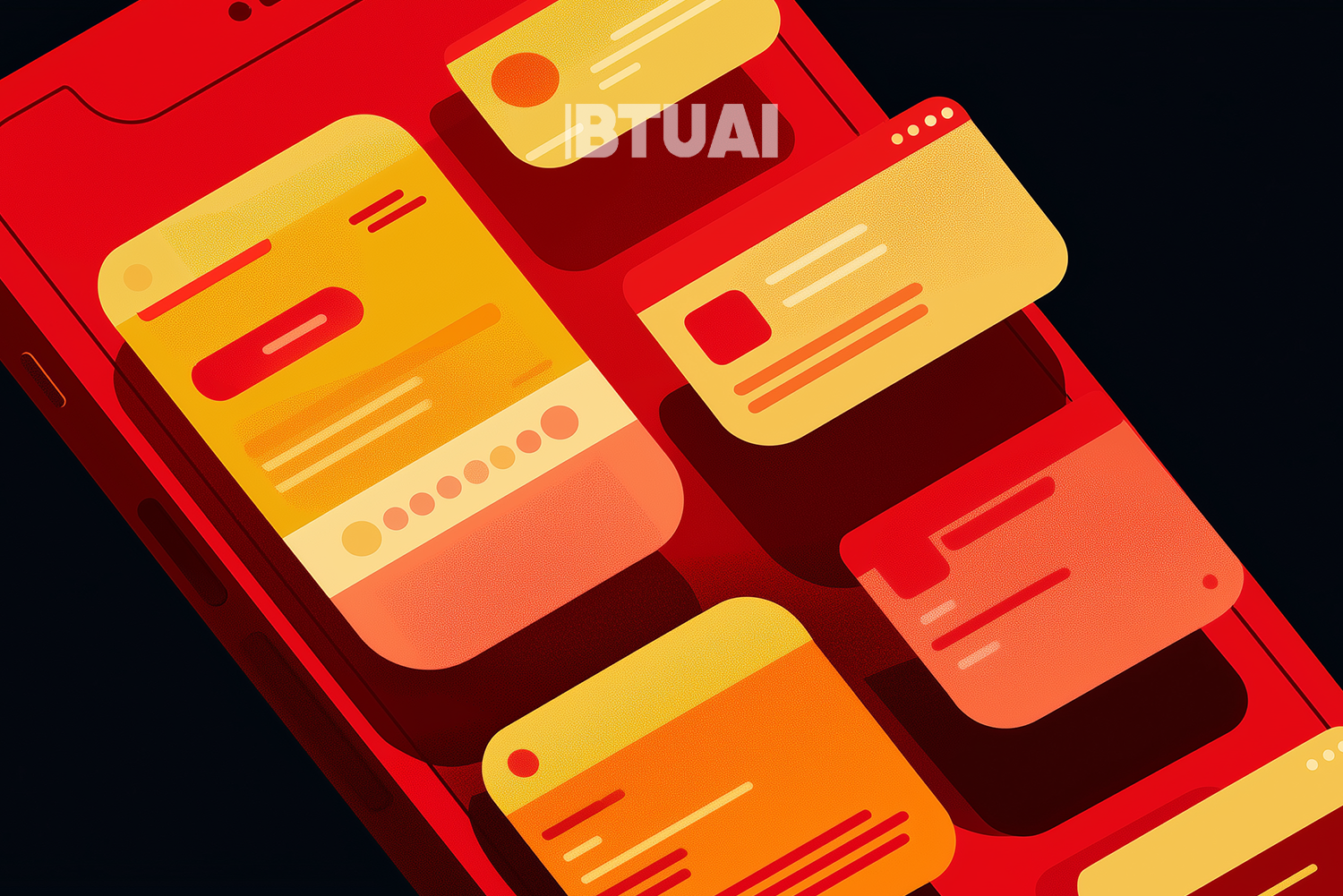Rebellion in the Tech Empire: Is a New Era of iPhone Apps Beginning?
We are at a historic crossroads — Apple’s long-standing control over iPhone apps may be coming to an end.

We are at a historic crossroads — Apple’s long-standing control over iPhone apps may be coming to an end. A decision by federal judge Yvonne Gonzalez Rogers has labeled Apple’s practices anti-competitive, calling out the company’s long-enforced rules that forced app developers to pay up to 30% of their sales to Apple, while users faced inflated prices as a result.
This ruling opens the door for apps to decide how they sell their products, how they receive payments, and how they communicate with their users — all without going through Apple’s rigid framework. For the first time, it’s now possible to purchase subscriptions directly within apps like Spotify or Kindle — something that was strictly prohibited in the past.
Apple has already announced plans to appeal the decision. But even before that process plays out, developers have gained an opening to restore consumer choice — with lower prices, more creativity, and alternative payment methods.
The ripple effects could reshape the digital marketplace. Companies that have been boxed into Apple’s ecosystem for years now feel a sense of liberation. Take Spotify, for example: instead of handing over $3.60 for every $11.99 subscription, they can now potentially pass that savings to users, or directly support artists, writers, and creators.
Even Epic Games, whose wildly popular Fortnite was banned from the App Store after attempting to bypass Apple’s commissions, has already announced its return to the iPhone.
But here lies the bigger question: will this truly spark a revolution? Will developers actually cut prices or simply pocket the profits? And will users, who’ve grown accustomed to a seamless Apple-managed experience, even want change?
Not all answers are clear yet. But one thing is: Apple’s nearly two-decade dominance over the App Store is being challenged — and the future of the digital economy may become far more diverse, democratic, and innovative.
And most importantly — for the first time in a long time — the choice is truly in the user’s hands.




